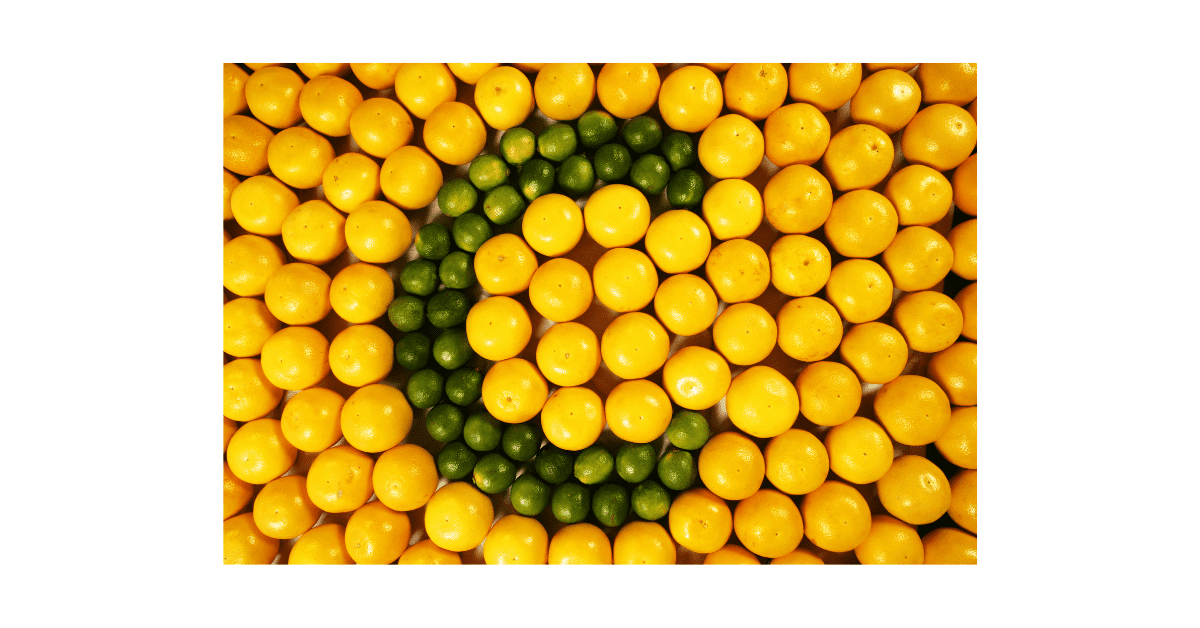Winter is upon us and we need to strengthen our immune defence system to face it better.
In this time of the year, when the cold arrives, you need to create a protective barrier against viruses and bacteria and you can do this by adopting healthy habits, such as regularly consuming foods that contain vitamin C.
Thanks to its immune-stimulating action, the intake of the right amount of vitamin C is particularly useful when we are exposed to the risk of contracting respiratory infections or the flu, like in winter.
Vitamin C is essential for the proper functioning of the immune system and for the synthesis of collagen in the body, which serves to strengthen blood vessels, skin, muscles and bones. We are unable to create collagen without vitamin C.
So, Vitamin C helps to raise low immune defences, reducing the risk of contracting flu, colds and other seasonal ailments, a real panacea for the whole body.
Historically, vitamin C or ascorbic acid was used for the treatment and prevention of scurvy, a disease that has was already known in 1500 BC, mentioned in the Egyptian chronicles and known in ancient Greece around the 5th century BC.
Scurvy is caused by a severe deficiency of vitamin C; today it is very rare, but in the past it was very common among sailors during long voyages where they did not consume fresh fruit and vegetables.

The Benefits of vitamin C
- stimulates the immune system defences
- increases the proliferation of white blood cells, which defend against pathogens
- is an antioxidant
- helps fight free radicals and cell ageing
- helps promote the absorption of iron and other minerals
- helps reduce the damage caused by the intake of food preservatives
- promotes the production of collagen
- helps eliminate toxins accumulated with harmful substances such as smoke and pollution
- helps protect the skin from ultraviolet rays
- fights stress by stimulating the production of hormones such as endorphins
- reduces fatigue, because it is involved in the synthesis of dopamine and adrenaline.
A diet rich in fresh fruit and vegetables helps ensure a constant supply of vitamin C for everyone.
Recommended daily intake of Vitamin C
The daily intake of vitamin C recommended by the Italian Society of Human Nutrition is 105 mg for men and 85 mg for women, a requirement that increases during pregnancy (100 mg) and breastfeeding (130 mg).
It is essential not only to regularly eat foods that contain vitamin C, but also to know how to store and cook them, because vitamin C is very labile, sensitive to light and easily degraded.
For example, experts recommend drinking squeezed juices and centrifuges as soon as you prepare them, as well as eating fruit just after peeling it and vegetables shortly after having cleaned them.
Furthermore, they recommend you store fruit and vegetables indoors and not exposed to direct light.
To better assimilate vitamin C, it is better to eat fruit and vegetables raw or lightly cooked in the microwave, steamed or grilled.
Vitamin C, by strengthening our immune system, is also a valid help and can halve the duration of colds.
So full speed ahead in autumn and winter to a feast of citrus fruits and kiwi fruit, cabbage, cauliflower and all the seasonal fruits and vegetables that have a high vitamin C content.
The foods that contain the most Vitamin C are:
- Chilli peppers
- Blackcurrants
- Peppers
- Kiwi fruit
- Sprouts
- Cauliflower
- Tomatoes
- Citrus fruits
- Spinach
- Lettuce
- Broccoli
- Rocket


